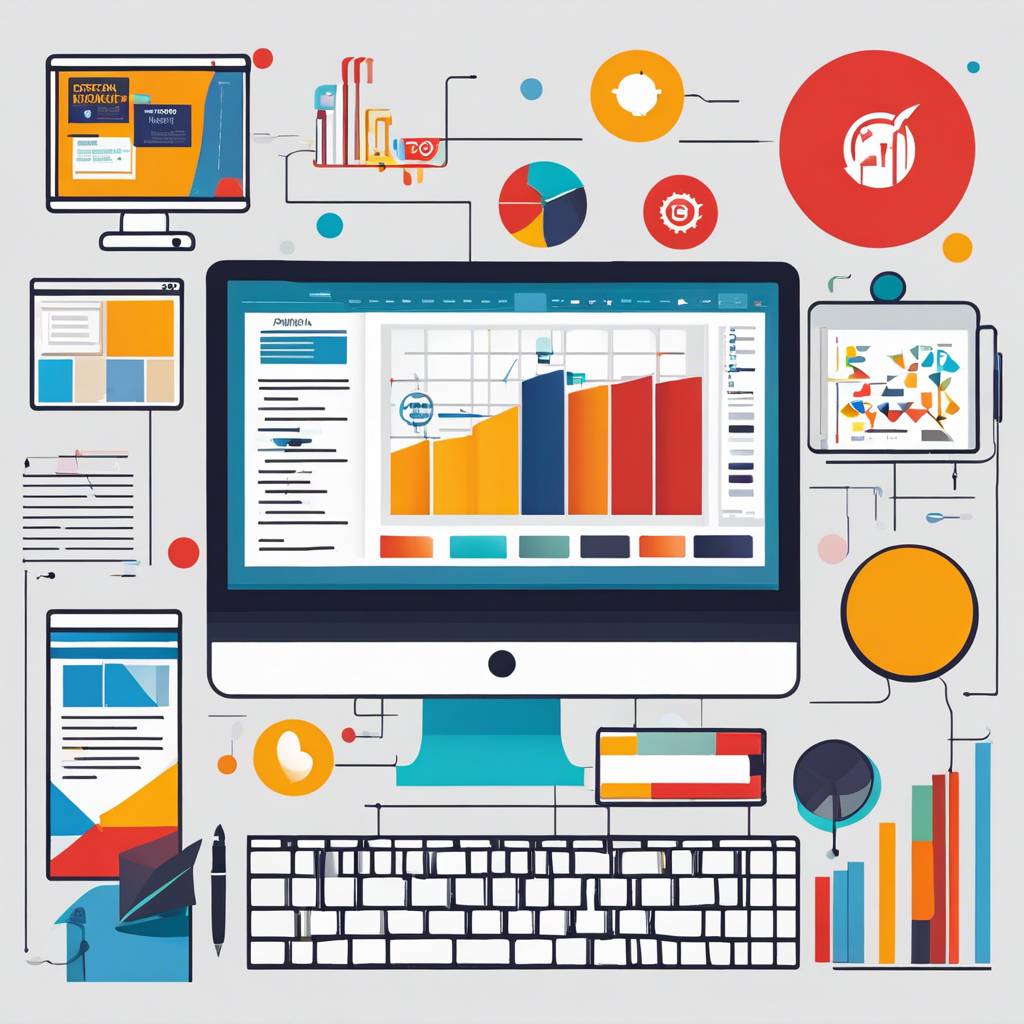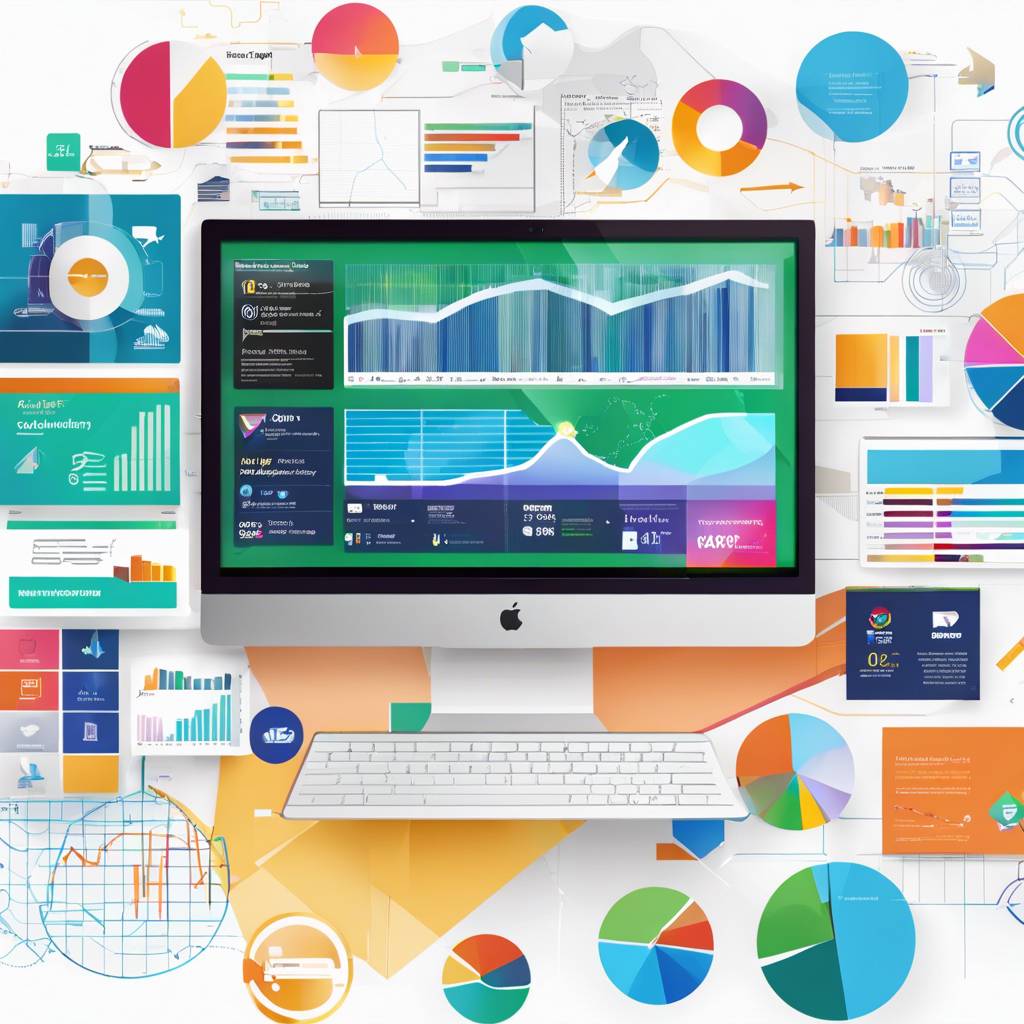Rohit Mehta, an accomplished Indian blogger, author, and entrepreneur, has been making waves in the digital marketing and IT industry for over a decade. Through his blog, Digital Gabbar, available in both English and Hindi, he has been sharing his insights and expertise with a global audience.
In the dynamic world of digital marketing, Artificial Intelligence (AI) is becoming an increasingly influential player. AI is not only driving innovation and boosting efficiency but is also sparking debates about its potential impact on jobs. In this piece, we delve into how AI is transforming the digital marketing landscape, the jobs it’s affecting, and how professionals can navigate these changes.
AI-powered tools are capable of scheduling posts, analysing engagement patterns, and even responding to customer enquiries. This level of efficiency is impressive, but it lessens the demand for manual social media management, consequently affecting jobs centred on these tasks. However, social media professionals can adapt to this shift by focusing on strategy, content creation, and community building. In these areas, human creativity and empathy are irreplaceable.
AI algorithms have the capacity to process vast volumes of data, identifying insights and trends at a speed and accuracy beyond human capabilities. This development impacts jobs associated with manual data analysis. However, data analysts can adapt by honing their skills in interpreting AI-generated insights critically. Human intuition remains crucial for contextualising data within a broader business strategy.
Generative AI tools are now capable of producing articles, reports and even videos. While these tools aid in content creation, they pose a challenge to roles traditionally filled by copywriters and content curators. To adapt, content creators can concentrate on crafting compelling, unique narratives and curating content that resonates with the brand’s voice. The human ability to create and understand emotion cannot be replicated by AI.
AI algorithms are revolutionising digital advertising by analysing user behaviour. This reduces the need for manual ad placement and optimisation, affecting traditional advertising roles. However, marketing professionals can pivot their focus to crafting highly targeted ad strategies, creative campaigns, and understanding customer psychology, areas where human expertise is irreplaceable.
AI-driven chatbots are efficiently handling routine customer queries. While this improves customer support, it affects jobs related to basic query responses. But customer support professionals can adapt by specialising in handling complex queries, providing personalised assistance, and enhancing customer experiences, areas where the human touch is invaluable.
AI is impacting jobs in digital marketing in various ways, but it is essential to remember that while AI enhances efficiency, it cannot replace human creativity, strategy, and empathy. These human skills are integral to crafting compelling marketing campaigns and strategies. AI also creates new job opportunities in AI development, data analysis, and AI-driven strategy. Digital marketers skilled in AI tools are in high demand to interpret AI-driven insights effectively.
To adapt to AI-driven changes in the industry, digital marketers should invest in learning AI tools, focusing on creativity, strategy, and data interpretation. Embracing AI as a complement to human skills can enhance career prospects. While some tasks are automated, there’s an increasing demand for specialised freelance digital marketers who understand AI tools. Niche expertise remains valuable in the freelance market.
While AI is reshaping job roles in digital marketing, it’s essential to view this transformation as an opportunity for growth and upskilling. By adapting to the changing landscape and embracing AI as a tool rather than a threat, digital marketers can thrive in the evolving industry, ensuring a sustainable and fulfilling career path.








